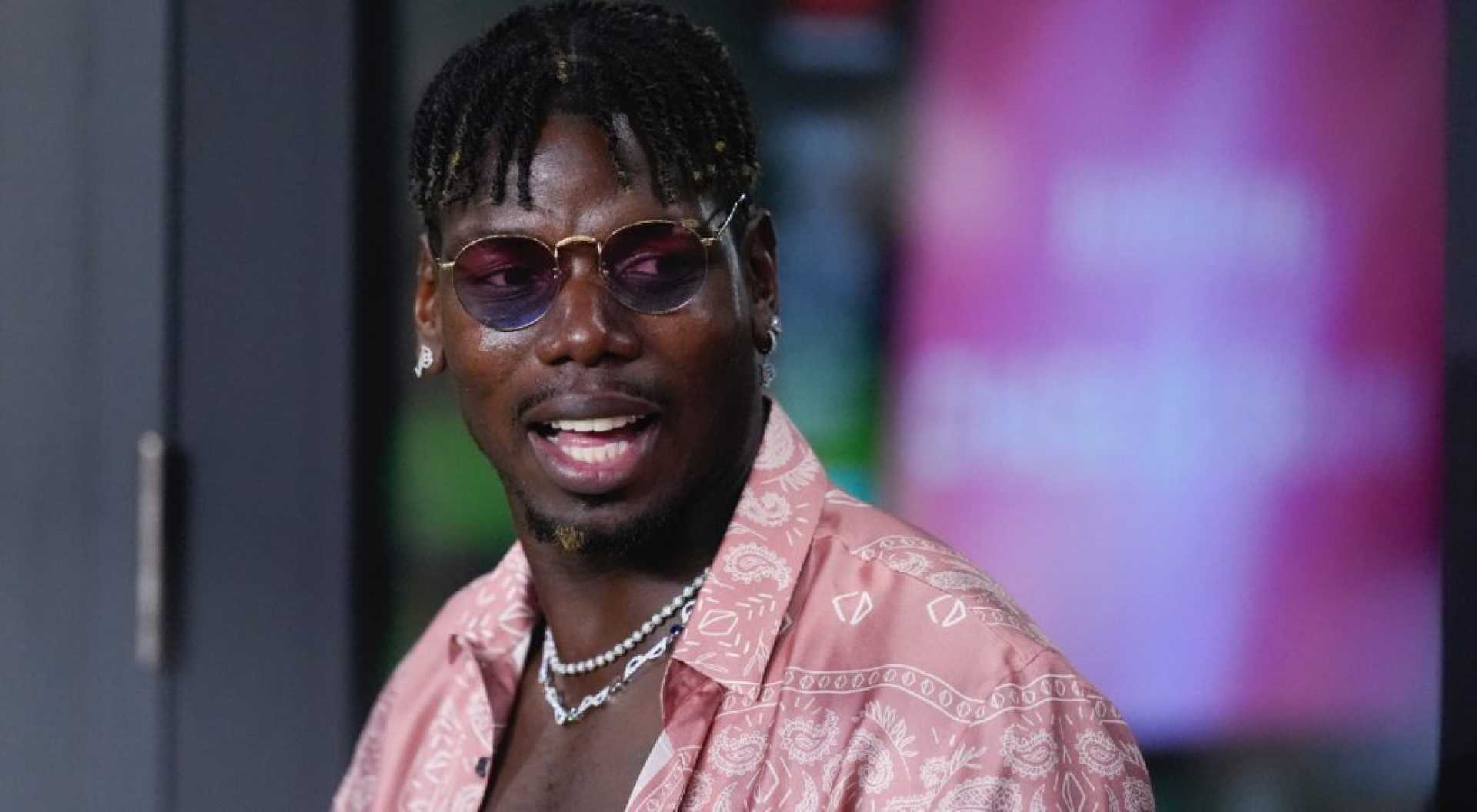News
Paul Pogba’s Doping Ban Reduced to 18 Months by CAS

The Court of Arbitration for Sport (CAS) has reduced the doping suspension of former World Cup winner Paul Pogba from four years to 18 months, according to a statement from CAS Director General Matthieu Reeb. The decision allows Pogba, a current Juventus player, to resume competitive football by March 2025. This follows his initial provisional suspension in September 2023 after testing positive for the banned substance dehydroepiandrosterone (DHEA).
Pogba’s ban was first imposed by Italy‘s National Anti-Doping Tribunal following his positive test after Juventus’ match against Udinese in August 2023. Despite Pogba’s claims of unintentional doping due to a prescription supplement, he faced the standard four-year ban under the World Anti-Doping Code and subsequently appealed to CAS.
“Finally the nightmare is over,” Pogba stated, expressing relief after the CAS ruling. He emphasized his commitment to integrity in sports and thanked the CAS judges for listening to his explanation, which hinged on the argument that the supplement prescribed to him should not affect male athletes’ performance levels.
Pogba’s case gained significant attention after he was ruled out of the France squad for the 2022 World Cup due to a knee injury. Despite his absence, France progressed to the finals, though Pogba’s career continued to be marred by his doping charges.
Rafaela Pimenta, Pogba’s agent, reiterated that Pogba “never wanted to break the rules,” and a counter-analysis of the doping test confirmed the initial findings. Although Pogba believed the positive test was a misunderstanding related to a nutritional supplement, the details surrounding its effects remain contested according to World Anti-Doping Agency guidelines.
Sources confirm that Pogba was fined €5,000, a penalty that has since been abolished with the reduction of his suspension. Pogba’s legal representation highlighted that, although DHEA boosts testosterone primarily in females, it remains illegal under current doping regulations.












